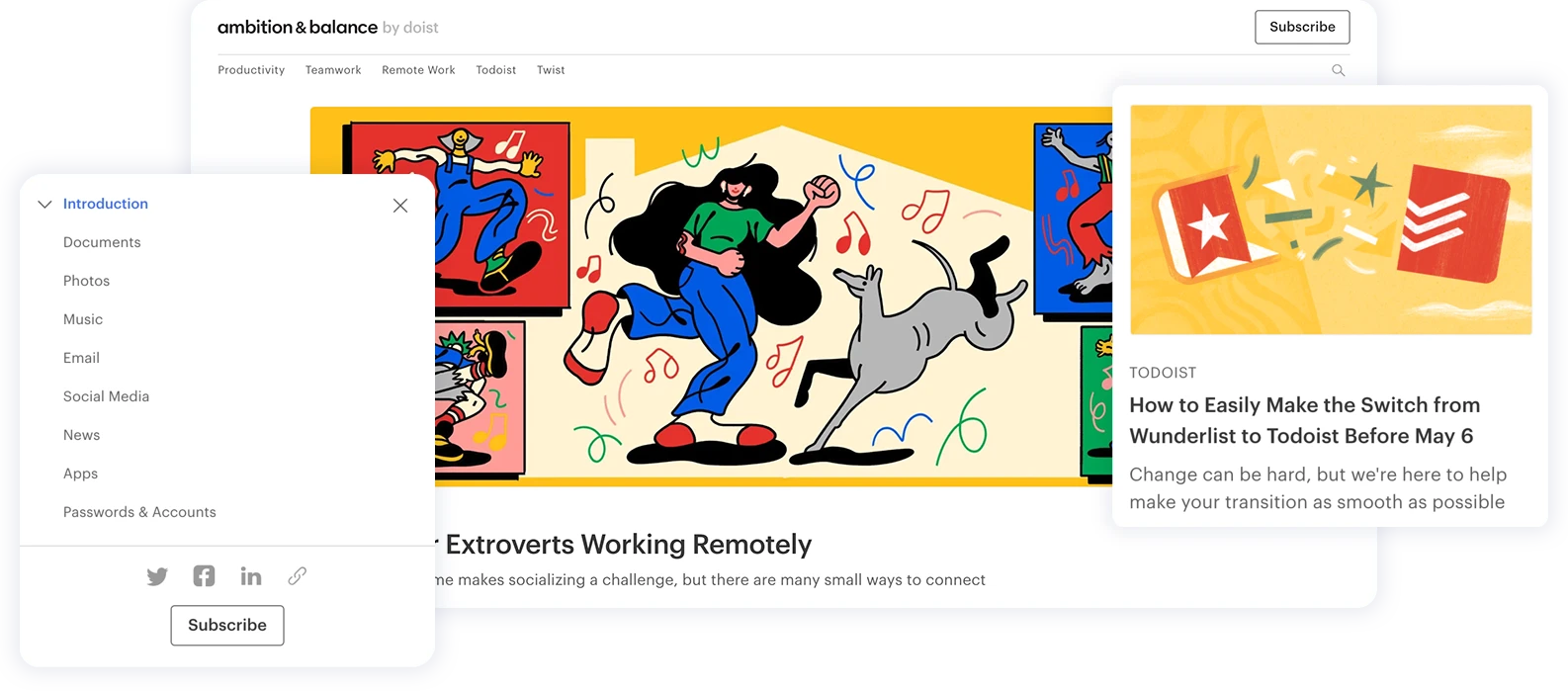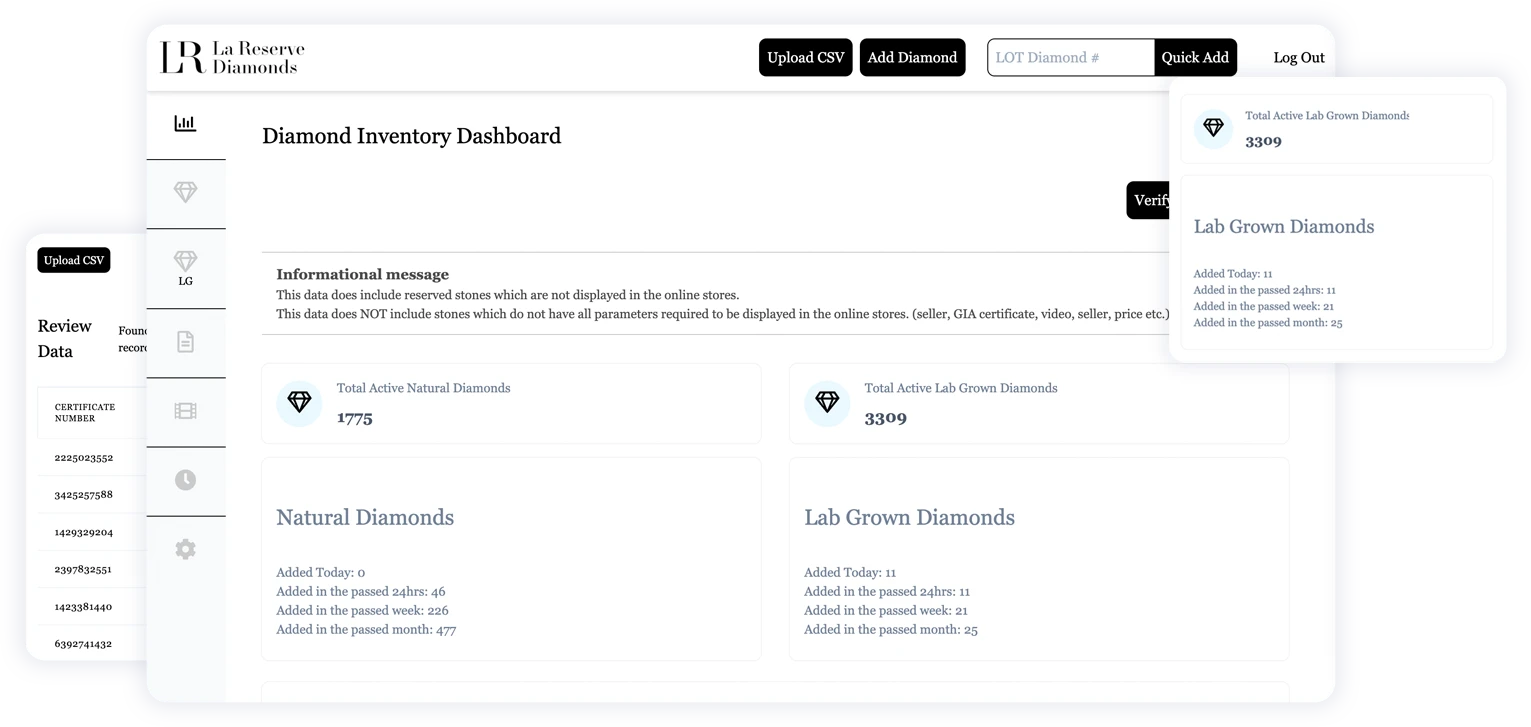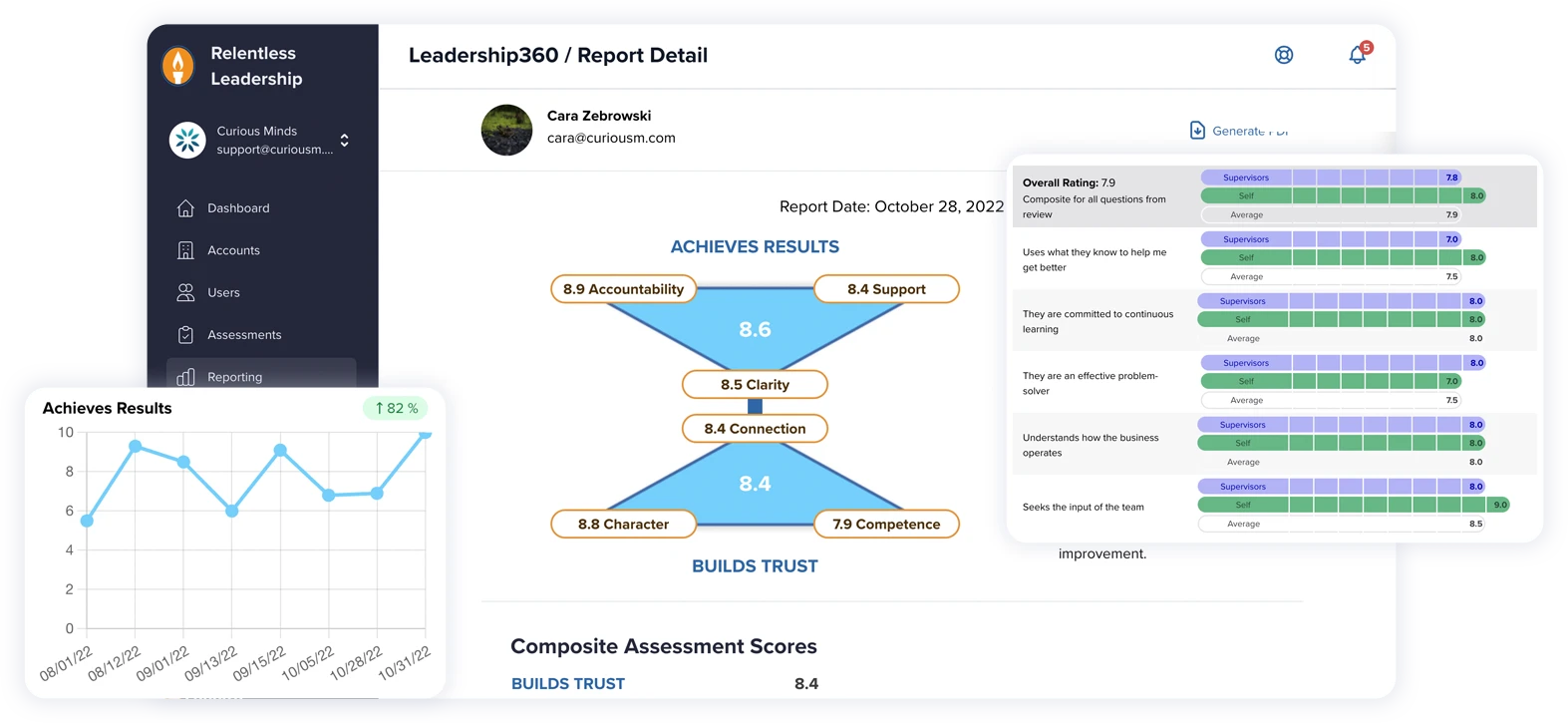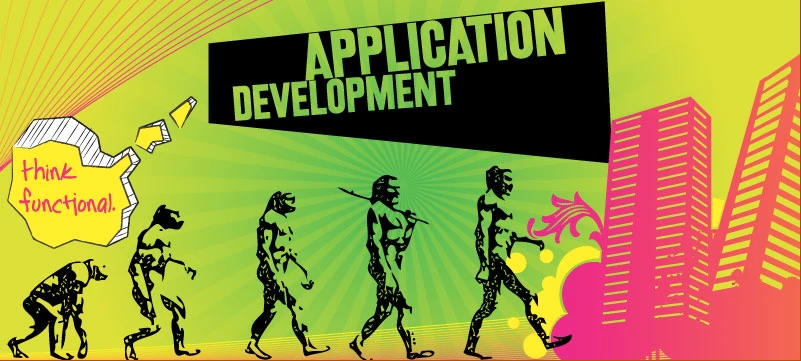For nonprofits, having an active online community is a real game-changer. It's where your volunteers and supporters come together, all united by your mission. With WordPress, you can turn your website into a lively hub that not only attracts people but also keeps them engaged and excited about what you're doing.
WordPress comes packed with cool features perfect for building a strong community. You can set up engaging portals, start forums, and connect with folks on social media. These tools help you create a vibrant community that really boosts your mission.
With WordPress, you can tell the story of your nonprofit in a way that really connects with people. You have a lot of good themes to select from and can, therefore, build a really representative site. Share blog posts with inspiring stories and updates on projects and spotlight great work happening in your organization. Add photos and videos showing real-world impact to make it more powerful and strengthen the connection with your supporters.
Overview of WordPress Features and Benefits for Nonprofits
WordPress is flexible, thus helping a nonprofit connect with volunteers and supporters. Furthermore, it is an open-source platform that helps reduce costs and lets you have so much room for customization according to your needs.
WordPress has thousands of themes and plugins available for it, making it quite easy to create nice-looking, highly functional websites for non-profits. Facilitate fundraising with plugins like GiveWP and rise in the search results with Yoast SEO to get many more visits from potential supporters. Also, create calls to action that inspire people to volunteer, donate, or advocate for your cause. Use plugins such as WPForms to develop easily navigable forms for signups and donations. Use an email marketing tool for nurturing relations properly with your supporters and informing them more so as to keep them engaged.
WordPress also has a lot of security features. These features protect your data and user information, helping you build and maintain trust within your community. Plus, WordPress is scalable, ensuring your website can grow along with your organization.
Built-in SEO tools and integrated analytics make it easy to measure audience engagement. These insights can help you continuously improve your strategies for enhanced community involvement.
Creating an Engaging Volunteer Portal
A well-designed volunteer portal can make all the difference. It makes the whole volunteer journey, from signing up to staying involved, smooth and straightforward. Use plugins like Gravity Forms and GravityKit to manage volunteer profiles and streamline registration. You can even integrate a calendar plugin like The Events Calendar to showcase upcoming volunteer opportunities and allow supporters to easily sign up for shifts.
WordPress offers membership plugins like MemberPress or Restrict User Access, allowing you to tailor content and experiences for various supporter groups. Create exclusive areas for volunteers, donors, or advocates, providing them with targeted information, resources, and opportunities to connect with others who share their interests.
After sign-up, use volunteer profiles to track participation. This will make volunteer management easier and help you recognize contributions. This data can also be used to personalize communication and tailor volunteer opportunities to individual interests.
Prioritize user-friendliness, clear communication, and ongoing engagement. A simple interface ensures volunteers easily find information, while timely communication, such as confirmation emails and reminders, keeps everyone informed.
Regularly update your site with new opportunities and interactive content. Encourage volunteers to share their experiences and feedback through testimonials or a dedicated blog section. These interactions help build a dedicated and active community.
Engage Volunteers with WordPress
While popular plugins like GiveWP and Yoast SEO are essential, consider exploring hidden gems like LearnDash for creating online courses (to educate volunteers or raise funds), and WP-Rocket for keeping your website running smoothly and efficiently.
Captivate your community with compelling content. Use photos and videos to tell impactful stories about your work. Integrate social media platforms to expand your audience and share updates, upcoming events, and success stories through regular blog posts.
BuddyPress and bbPress can help you set up forums where supporters can connect and exchange ideas. Add social media sharing buttons for easy content sharing and use email marketing tools like newsletters to maintain consistent engagement. Consider using a gamification plugin to encourage participation and reward volunteers for their contributions.
Measuring Success and Continuous Improvement
WordPress allows you to easily track the results of your efforts in building an online community. You can integrate tools like Google Analytics to monitor traffic on your website and conversion rates for donations, volunteer sign-ups, and social media engagements.
Donor Engagement and Fundraising: DonorPerfect or Kindful helps in tracking donor engagement and fundraising progress with relevant data that you use in calculating success rates and further fine-tuning your strategies.
Key Metrics Monitoring: Monitor key metrics such as volunteer sign-ups, event participation, and website traffic. Tools like Google Analytics and MonsterInsights help you track these figures and understand visitor behavior.
Qualitative Feedback: Gather qualitative feedback through surveys and polls using tools like Gravity Forms. This combination of data and personal input reveals areas for improvement.
Content and Updates: Regularly update your website to keep it fresh and relevant. Share personal narratives from volunteers and beneficiaries and incorporate strong calls to action to encourage volunteerism, donations, or content sharing.
Security: WordPress takes security seriously, and you can boost it further with plugins like Wordfence. These tools help protect your website from threats and ensure the confidentiality of your donors' data.
Professional Guidance: Consider partnering with professionals like Curious Minds Media for expert guidance on community engagement and management best practices.
WordPress Community Building
Leverage WordPress to construct an engaging platform for your nonprofit. The tools and strategies outlined here establish a foundation for a thriving community. Sustain this growth through continuous improvement and active engagement with your members.
With dedication and a thoughtful approach, you can cultivate a genuine sense of belonging and enthusiasm among your volunteers and supporters. Collaborating with experts like Curious Minds Media can further amplify your efforts.



















